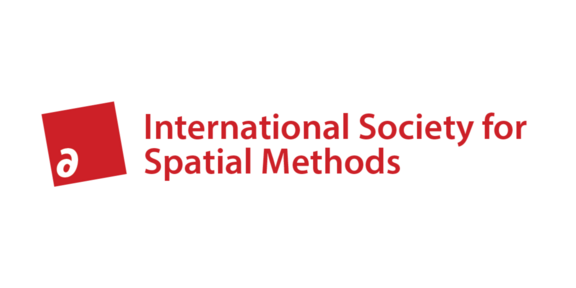Contribution to the Australian Workshop on Spatial Methods

In his talk, titled "Rethinking Spatial Dependencies in Socioeconomic Modeling", Fillipe critically examined the foundational structure of what is called the spatial weights matrix. He questioned some widely accepted assumptions about how spatial relationships are typically modelled. He highlighted that spatial analysis always involves an abstraction of space and a formalisation of how places and entities relate. Spatial weights, he emphasised, are more than neutral tools – they carry implicit theoretical and philosophical assumptions. These choices, in turn, shape how spatial models represent social and economic realities.
His presentation showcased how different weighting schemes (e.g. nearest-neighbour vs. distance-threshold methods) can significantly influence analytical outcomes, thus underlining the need for reflexivity and critical scrutiny in spatial modelling practices. This perspective is particularly relevant for socioeconomic contexts, where spatial dependencies are deeply entwined with institutional, historical, and policy-driven processes. The presentation aligned with a broader call in spatial social science to develop models that are more grounded in context and theory. Moving away from strictly geometric assumptions, moreover, encouraging researchers to reassess the assumptions underlying their models and to consider the real-world social processes that produce spatial dependencies.
This talk is aligned with our ongoing DFG project on understanding spatial weights and with our lab’s mission to advance critical and methodologically rigorous spatial modelling practices, reflecting the growing recognition of epistemological innovation as a key driver in understanding complex spatial phenomena.
Further information about the 2025 Australian Workshop on Spatial Methods can found at:
https://spatialmethods.org/workshop-au/
